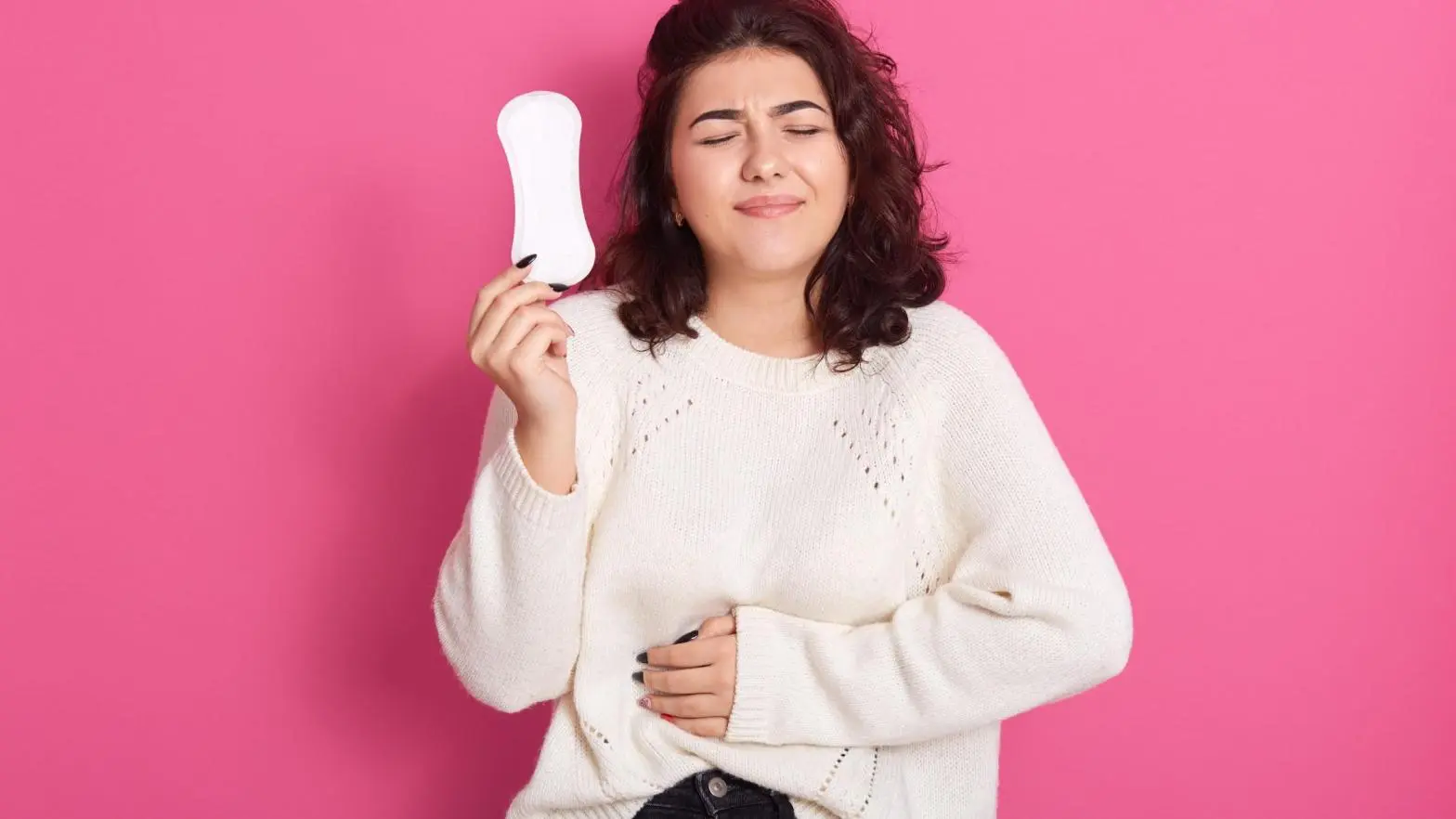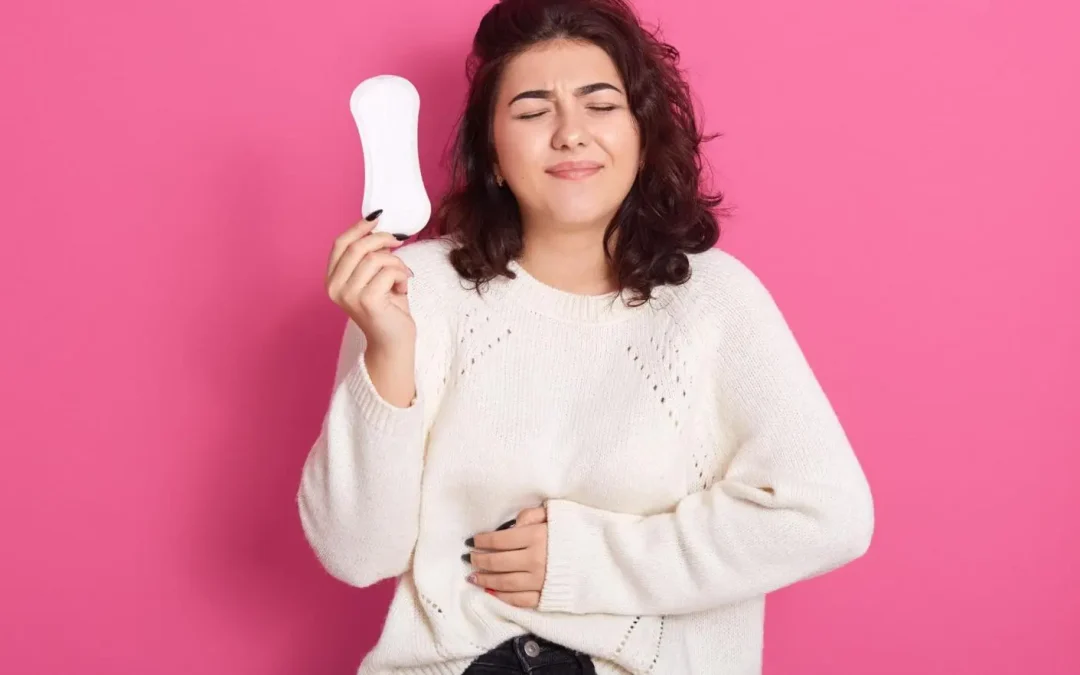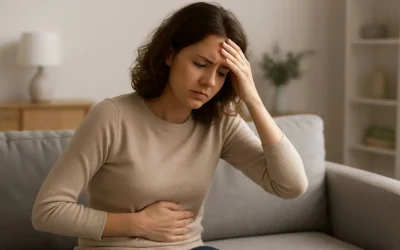Can You Get Pregnant Right After Your Period Ends?

The connection between menstruation, ovulation, and fertility is a complex yet fascinating aspect of reproductive health.
One common question many people ask is whether it’s possible to get pregnant right after their period ends.
The answer is not as straightforward as you might think.
This blog breaks down how the menstrual cycle works, the timing of ovulation, and the factors that influence your chances of conception immediately following menstruation.
Understanding the Menstrual Cycle
To understand the likelihood of getting pregnant after your period ends, it’s important to first grasp the basics of the menstrual cycle.
A typical cycle lasts 28 days, although it can vary widely between individuals (ranging from 21 to 35 days). Here’s a quick breakdown of the main phases:
- Menstrual Phase (Days 1-5): This is when bleeding occurs due to the shedding of the uterine lining.
- Follicular Phase (Days 1-13): Overlaps with the menstrual phase at the start. During this time, the body prepares for ovulation as the ovaries develop a follicle containing an egg.
- Ovulation (Day 14 in a 28-day cycle): The mature egg is released into the fallopian tube, ready for fertilization.
- Luteal Phase (Days 15-28): The uterine lining continues to thicken, preparing for possible implantation of a fertilized egg. If pregnancy doesn’t occur, the cycle restarts with menstruation.
When Are You Most Fertile?
Your fertility window is the time during your cycle when you’re most likely to conceive. It spans a few days leading up to ovulation, the day of ovulation itself, and sometimes the day after.
While sperm can survive in the female reproductive tract for up to five days, an egg remains viable for only about 12-24 hours after ovulation.
For individuals with a textbook 28-day cycle, ovulation occurs around Day 14, making Days 10-15 the most fertile. However, many factors can influence ovulation timing, causing variations in fertility windows.
Can You Get Pregnant Right After Your Period?
The likelihood of getting pregnant immediately after your period depends on several factors, such as cycle length, ovulation timing, and sperm lifespan. Here’s a closer look at the possibilities:
1. Short Menstrual Cycles and Early Ovulation
If your cycle is shorter than average (e.g., 21 days), ovulation might occur as early as Day 7 or 8. Since sperm can survive for up to five days in the reproductive tract, unprotected intercourse immediately after your period could coincide with your fertile window.
2. Irregular Cycles
Irregular cycles make it harder to predict ovulation. If your periods are inconsistent, it’s possible to ovulate earlier than expected, potentially increasing the chances of pregnancy soon after menstruation ends.
3. Long Menstrual Periods
For individuals with longer periods (lasting 7-10 days), there’s a smaller gap between the end of menstruation and the start of the fertility window. This overlap boosts the possibility of conception right after a period.
4. Sperm Survival
Sperm’s remarkable ability to survive inside the female body for several days plays a key role. Even if ovulation hasn’t occurred yet, sperm can remain viable and fertilize an egg once it’s released.
Common Misconceptions About Fertility After Menstruation
There are many myths surrounding the chances of getting pregnant after your period ends. Here are a few clarified for better understanding:
- “You can’t get pregnant right after your period.” While the chances may be lower, they are not zero, especially for those with shorter or irregular cycles.
- “The menstrual cycle is always 28 days.” Many people have cycles shorter or longer than 28 days, altering the timing of ovulation and fertility windows.
- “Ovulation always happens on Day 14.” Ovulation can occur earlier or later depending on hormonal fluctuations, stress, illness, or lifestyle changes.
Tracking Ovulation to Understand Fertility
If you’re trying to conceive (or avoid pregnancy), tracking ovulation is crucial for understanding your fertility. Here are a few ways to monitor ovulation:
1. Basal Body Temperature (BBT)
Your body temperature rises slightly after ovulation. Measuring your BBT each morning can help identify patterns indicating ovulation.
2. Ovulation Predictor Kits (OPKs)
These kits test for luteinizing hormone (LH) surges that occur just before ovulation. A positive result signals that ovulation is near.
3. Cervical Mucus Monitoring
Changes in cervical mucus (e.g., increased volume, slippery texture resembling egg whites) often accompany ovulation and signal peak fertility.
4. Calendar Method
Tracking your menstrual cycle over a few months can help estimate your fertile window. However, this method is less accurate if your cycles are irregular.
Tips for Those Trying to Conceive
- Have regular intercourse during your fertile window.
- Maintain a healthy lifestyle, including a balanced diet and regular exercise.
- Manage stress, as it can influence hormonal balance and ovulation timing.
- Consult a pregnancy specialist if you’ve been trying to conceive for over a year (or six months if you’re over 35).
Tips for Avoiding Pregnancy
If you’re not trying to conceive, it’s essential to use reliable contraception consistently, even right after your period ends. Natural methods like the calendar or rhythm method can be risky, especially if your cycles are irregular.
Final Thoughts
While the odds of conception immediately following your period are lower, they’re not impossible. Factors like cycle length, ovulation timing, and sperm longevity all play a role.
To better understand your fertility and plan accordingly, tracking your ovulation and speaking with a pregnancy doctor can be incredibly helpful.
Whether you’re aiming for pregnancy or looking to prevent it, knowledge about your cycle is the key to maintaining reproductive health.

-
About Author
Dr. Supriya Puranik
Gynaecologist & IVF Specialist
MMC -072514 (1993)
Dr. Supriya Puranik, a renowned gynaecologist and infertility expert, leads the IVF & Gynaecology department at Sahyadri Hospitals Momstory in Shivaji Nagar, Pune. She is committed to helping couples overcome infertility challenges.





